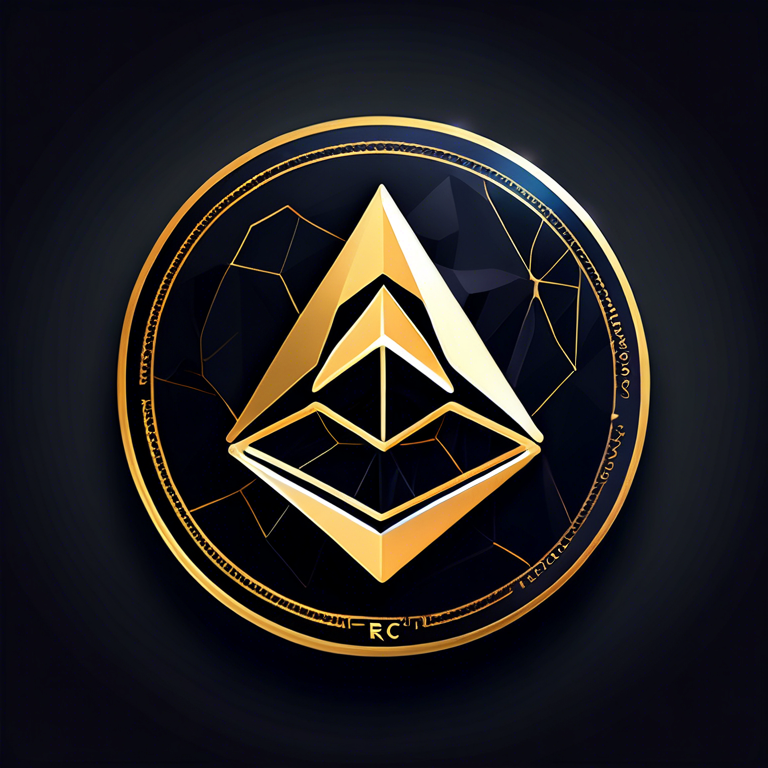This article provides a detailed exploration into ERC20 tokens, the standard for creating and issuing smart contracts on the Ethereum blockchain. It delves into its significance, operational mechanics, and its pivotal role in the development and facilitation of decentralized applications and crypto-assets. By the end of this article, readers will gain a comprehensive understanding of ERC20 tokens, including their creation, benefits, and applications within the vast domain of cryptocurrency.

Understanding the ERC20 Standard
The Ethereum blockchain has solidified its position as a central pillar in the ever-expanding realm of cryptocurrency, primarily due to its innovative contract functionality, which allows for the development of decentralized applications (DApps). Central to this functionality are ERC20 tokens, which stand as the benchmark for token creation within the Ethereum ecosystem. ERC
20, which stands for Ethereum Request for Comments
20, is a protocol standard that defines a set of rules and actions that an Ethereum token or smart contract must follow and implement. This uniformity ensures that various tokens can interact seamlessly with each other, as well as with decentralized applications that adhere to the standard.
Creation and Deployment of ERC20 Tokens
Creating an ERC20 token is accessible due to the standardized set of rules the protocol provides. Developers need to implement basic functionalities in their smart contracts, such as transferring tokens, approving the use of tokens by another account, and checking the balance of tokens in an account. These functionalities facilitate the interaction of tokens within the Ethereum ecosystem, allowing for smooth exchanges and integration with different services and DApps. This ease of creation has significantly contributed to the proliferation of tokens based on the ERC20 standard, aiding in the diversity and richness of the crypto landscape.
Advantages and Implications of ERC20 Tokens
The introduction of the ERC20 standard has marked a significant milestone in blockchain and cryptocurrency development. Its primary advantage lies in the standardization it brings to Ethereum tokens, simplifying interactions between different tokens and Decentralized Applications (DApps). This ease of interaction has paved the way for a myriad of applications, including Initial Coin Offerings (ICOs
), governance tokens, utility tokens, and more. Furthermore, the ERC20 standard has significantly reduced the complexity and potential for errors in smart contracts, providing a more secure and efficient environment for developers and participants within the ecosystem.
In conclusion, ERC20 tokens are integral to the Ethereum blockchain, providing a standardized format for issuing tokens that are interoperable, secure, and versatile. Their creation and adoption have paved the way for innovative applications and have been instrumental in the rapid expansion of the Ethereum-based DApp ecosystem. As the blockchain landscape continues to evolve, the significance of ERC20 tokens remains undiminished, marking them as a cornerstone technology in the proliferation and success of digital assets.